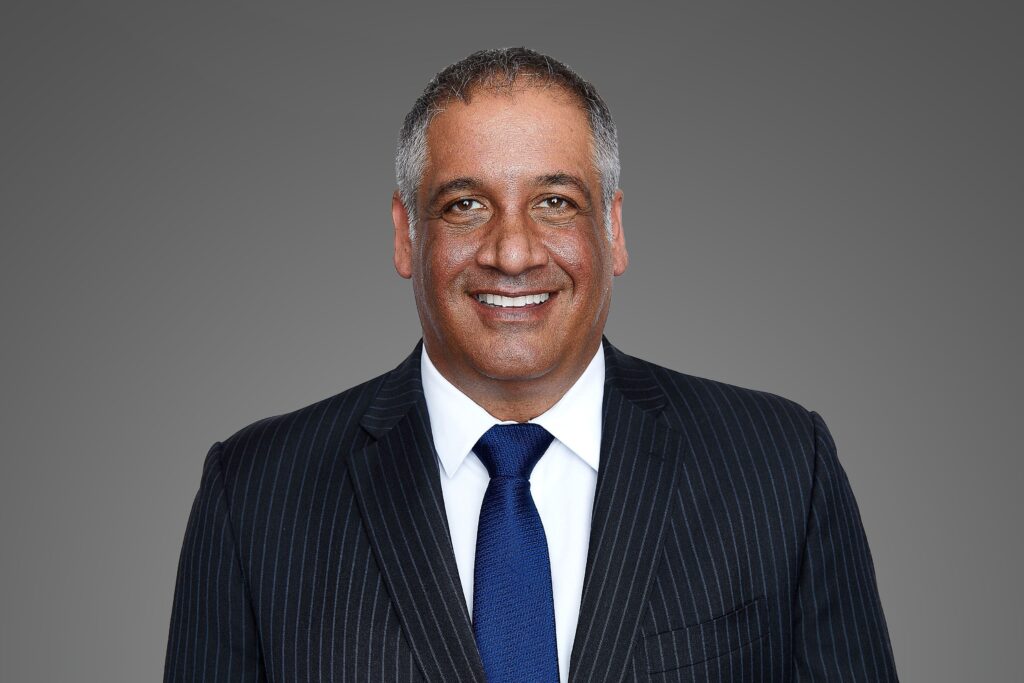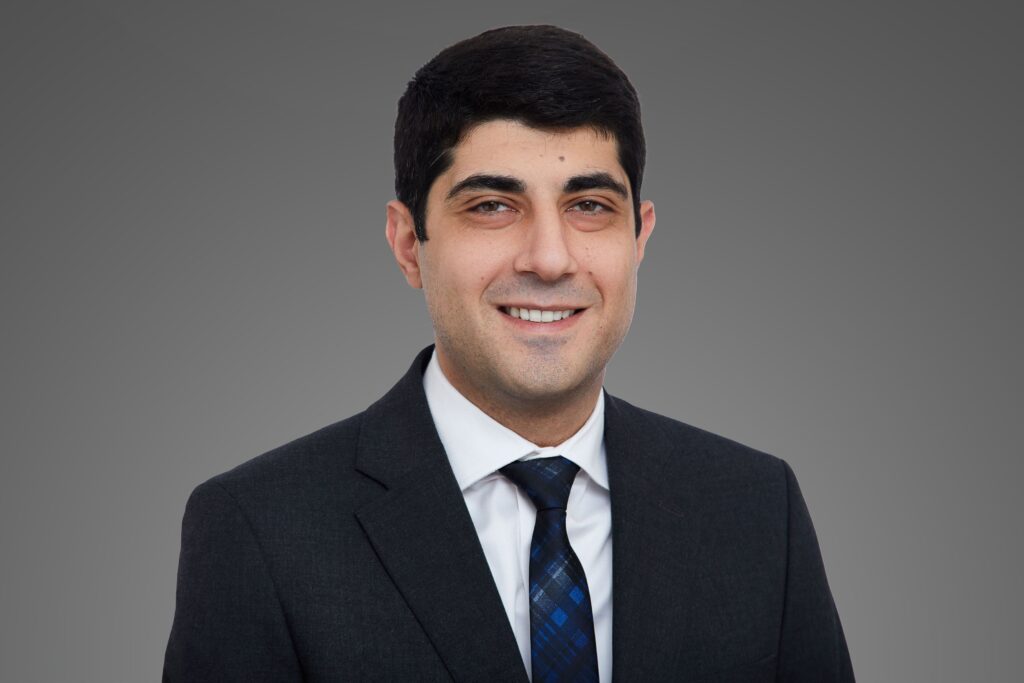From Start to Finish: Anticipating the Length of Your Personal Injury Lawsuit in Los Angeles, California
Wondering about the timeline of a personal injury lawsuit in Los Angeles, California? You’re not alone. The process can seem like a labyrinthine journey through legal complexities. So, how long does a personal injury lawsuit take in Los Angeles, California?
Personal injury law in the Golden State involves seeking compensation for injuries caused by another’s negligence. The answer to this question is not as straightforward as we’d hope. Various factors influence the duration, including the nature of the case, court backlog, and negotiations.
Quick Summary
Below is an overview of the key points of this blog post article.
- Personal injury lawsuit timelines vary greatly, taking anywhere from months to a few years.
- The initial six months focus on recovery, medical treatment, and investigation.
- Seek medical attention promptly to avoid insurance company doubts about the seriousness of injuries. An autonomous investigation is initiated by your personal injury lawyer.
- This includes gathering evidence, visiting accident scenes, and interviewing witnesses.
- Wait until Maximum Medical Improvement (MMI) before sending a demand letter to the insurance company.
- Demand letters outline the incident and request specific compensation within a time frame.
- Negotiations follow, and if an agreement is reached, the case concludes. If not, a lawsuit can be initiated within two years of the accident date.
- Months 6 to 12 involve legal actions, including serving the defendant and responding to interrogatories.
- The discovery phase occupies the initial year, encompassing depositions and expert witnesses. After 16 to 17 months, expert witnesses may be hired.
- Mediation typically occurs, with over 95% of cases settling before trial.
- Trials last from four days to two weeks, with complex cases extending up to two months.
- Compensation is usually distributed within 30 days after successful mediation or a favorable verdict.
- Various factors influencing the duration of a personal injury lawsuit in California include the unpredictable nature of injuries, the need for comprehensive medical information, the legal process complexities, certainty of liability, potential delays from insurance companies, distracted legal counsel, and delaying tactics from responsible parties.
- This also includes case complexity with multiple parties and expert witnesses, the cooperation of the client, the filing process, and the variable duration of trials, which can last from one day to several months.
- A personal injury case is likely to settle faster if it involves minor injuries, well-documented evidence, no dispute over liability from insurance companies, absence of fault on your part, and a fair settlement sought by you or your attorney.
- However, settlements may face delays or be inadequate if insurance adjusters insist on low offers, emphasizing the importance of hiring a personal injury attorney for more equitable negotiations.
How Long Does a Personal Injury Lawsuit Take in Los Angeles, California?
The timeframe for resolving a personal injury claim varies greatly. It might be resolved in as little as four months, or it could extend to a year or even up to two years in certain situations.
First Six Months
During the initial six months of a personal injury case, the focus is generally on your recuperation and conducting the initial investigation.
Medical Treatment
Prioritizing medical attention is of utmost importance following a significant accident. It not only plays a crucial role in your well-being but also holds significance in the context of your eventual claim. Insurance companies may interpret any delay in seeking medical treatment as an indication that your injuries are not serious or unrelated to the accident.
Consequently, your lawyer will likely recommend waiting until you’ve fully recuperated or reached Maximum Medical Improvement (MMI) before dispatching your demand letter to the insurance company. This approach ensures that you possess a comprehensive understanding of the severity of your injuries and any potential long-term consequences.
Investigation
After retaining a personal injury lawyer, they will initiate an autonomous examination aimed at accumulating proof and constructing your case. This entails
- Visiting the accident location
- Capturing images
- Collecting tangible evidence
- Procuring police reports
- Interviewing eyewitnesses
- Scrutinizing medical records, wage statements, and receipts for expenses related to the accident
- Enlisting the services of experts
The duration of this procedure hinges on the complexity of your case.
Demand Letter
After understanding the extent of your injuries and financial challenges, your lawyer will send a demand letter to the responsible party’s insurance company, specifying incident details and requesting resolution with a set compensation amount and timeframe. Negotiations follow, and if an agreement is reached, the case concludes, but if not, you and your attorney may opt to initiate a lawsuit.
Months 6 to 12
Under California’s statute of limitations, you generally have a window of two years starting from the accident date to initiate a personal injury lawsuit.
Filing a Lawsuit
After your lawyer submits the necessary legal documents to the courts, they must be delivered to the defendant (the responsible party) within a timeframe ranging from 30 to 60 days. Following this, the defendant has an extra 30 days to provide a response, which may involve denying the claims made against them.
Approximately 60 days following the lawsuit’s initiation, both sides will exchange interrogatories, which are written questions designed to delve deeper into the case’s details and facts. Responding to interrogatories usually requires about 35 days, although this phase can extend over several months.
Months 12 to 18
The initial year of your lawsuit will primarily be occupied by the discovery phase, which typically encompasses the following elements:
Depositions
Lawyers representing each side interview the victims and witnesses of the opposing party, a process that typically spans around three months on average.
Independent Medical Examination
The defense might request an examination by a doctor selected by them. These doctors are affiliated with the defense and may seek to find ways to challenge the nature of your injuries or their cause. Your lawyer will get you ready for this examination and may even accompany you during it.
Expert Witnesses
If your case hasn’t reached a settlement by this stage, which is usually around the 16th or 17th-month mark, both sides will usually enlist expert witnesses to bolster their positions for the trial. Both parties must reveal the identity of their expert witnesses, specify their intended testimony, and have the chance to conduct further interviews.
This part of the process can extend for up to six months. Following this phase, both parties will have a clear understanding of the strength of the evidence in the case and can better anticipate the likely outcome at trial.
Months 18 and Beyond
The remaining period will encompass additional negotiations and, ultimately, the trial itself.
Mediation
Usually, the court will arrange a settlement conference led by a mediator whose aim is to facilitate a resolution through negotiations between the involved parties. It’s worth noting that over 95 percent of civil cases find a resolution through settlement before heading to trial.
Trial
If mediation doesn’t yield a resolution, your case will proceed to trial, which typically spans from four days to two weeks. Nonetheless, intricate cases may extend as far as two months.
Compensation
After a successful mediation or a favorable verdict, any financial compensation is usually distributed to the victim within 30 days.
What Are the Factors That Could Delay My Personal Injury Lawsuit in California?
The duration of your personal injury case can be influenced by various factors, and these factors differ from one case to the next.
Nature of Your Injuries
Delay in settlement negotiations may occur due to the unpredictable impact of injuries that may not fully manifest for weeks or months, necessitating patience and a precise estimate of future healthcare costs, as insurance companies and responsible parties may require comprehensive information to avoid rushing into premature settlements that could inadequately cover forthcoming medical requirements.
Treatment and Recovery
Settlement amounts are typically higher when injuries are treated by licensed physicians or hospitals, prioritizing reputable medical professionals, and cases involving reconstructive procedures. The lengthier recovery period with more follow-up appointments and prescribed treatments increases the settlement value, while soft tissue injuries often lead to lower settlements due to their nature.
The Legal Process
The process of pursuing a personal injury claim involves several stages. If the case goes to court, it can significantly extend the timeline. It’s highly advisable to enlist the assistance of a personal injury attorney to initiate legal action against the defendant. Locating and serving the defendant may take anywhere from a month to a couple of months.
In the discovery phase, involving depositions and evidence presentation, both parties present their versions of events, with the preparation of evidence and statements required before scheduling pre-trial motions, and depending on liability. The lawsuit may continue until a settlement, which can occur at any point, or proceed to trial, ultimately concluding through settlements, mediations, or arbitrations.
Certainty of Liability
The alleged injuries certainly matter, but there’s an initial question to address: Is the defendant truly responsible for causing those injuries? Having a clear and certain answer to this question significantly influences the value of a settlement.
In cases where one party is clearly at fault for the victim’s injuries, settlements typically lean towards the higher end of the potential range. Therefore, personal injury attorneys can greatly benefit their clients by effectively presenting arguments regarding liability issues.
Lawyers can strengthen their clients’ cases on liability by conducting interviews with credible witnesses and assembling pertinent evidence.
Lack of Cooperation From the Insurance Company
The insurance company or defense attorney may use tactics to delay payments and prolong legal proceedings, particularly in cases with significant settlement potential, aiming to secure a lower settlement amount. If you suspect such tactics, it’s essential to stay in regular contact with your insurance carrier, sending frequent emails and making multiple phone calls to check on your case’s progress and requesting specific information to stay informed about your claim’s status.
Distracted Legal Counsel
Some lawyers may take on more cases than they can effectively handle. If they initially believed your case would lead to a straightforward settlement, they might have seen it as an opportunity to earn fees with minimal effort.
It is crucial to assess your lawyer’s responsiveness and commitment, considering a new attorney if consistent progress is lacking despite providing necessary information and documentation.
Delaying Tactics
The duration of settlement negotiations in personal injury cases can be significantly influenced by delay tactics employed by parties, particularly insurance companies, aiming to pressure plaintiffs into abandoning their claim
When faced with such delays caused by the responsible party, you have several options: you can choose to relinquish your claim if you’re concerned about jeopardizing your recovery; you can persist and wait, hoping that your determination will ultimately pay off; or you can opt to take your claim to court.
It’s worth noting that litigation is also a time-consuming process, with many cases requiring months or even years to resolve. Nevertheless, the court imposed deadlines on both parties, and a defendant who fails to meet these deadlines may face penalties and financial consequences.
Complexity of the Case
A case might experience delays when it involves multiple responsible parties and requires the involvement of expert witnesses. The complexity can lead to extended timelines due to logistical challenges, such as scheduling and handling paperwork.
Complex personal injury lawsuits naturally demand more time because they entail numerous intricate elements and components.
Cooperation of the Client
To secure a victory in a case, the client’s full cooperation is essential at every stage of the proceedings. Occasionally, delays may inadvertently arise due to client-related factors. For instance, if clients change their phone numbers or addresses, it can become challenging for attorneys to maintain contact.
During crucial phases of the legal process, a communication breakdown might result in missed information and appointments, potentially affecting the case outcome.
Personal Injury Claim Filing
The process of litigation commences when your attorney initiates a lawsuit in your name. Once the lawsuit is filed, the countdown begins for when the case might eventually reach trial.
Typically, it takes approximately one to two years for a personal injury case to progress to trial, with the exact duration varying based on the pretrial procedures specific to your state. It’s crucial to note that the statute of limitations sets the legal time frames within which a lawsuit must be filed in each state.
Trial
Mediation often leads to successful resolutions, but when it doesn’t, the case proceeds to trial. Personal injury trials can vary significantly in duration, lasting from one day to potentially stretching over several months.
Some states opt for half-day trials rather than full days, effectively doubling the length but allowing lawyers and judges to handle other matters in the afternoon. It’s important to understand that the scheduled trial date doesn’t always guarantee the trial will occur as planned, as delays can occur due to the judge’s schedule.
If your trial is rescheduled, it’s not necessarily a negative sign. Trials can be delayed for various benign reasons.
What Will Make My Personal Injury Case Settle Faster?
Typically, if your personal injury case encompasses certain elements from the list below, it has the potential to reach a settlement more swiftly:
- Minor injuries involved
- Well-documented evidence available
- No dispute over liability from insurance companies
- You are not the party at fault
- You or your attorney are seeking a fair settlement
It’s crucial to understand that personal injury settlements might face delays or fall short if the insurance adjuster insists on a low settlement offer. This situation frequently arises when an injured person attempts to manage the case independently.
However, enlisting the legal service of a personal injury attorney can often result in more equitable negotiations with insurance adjusters.
Schedule a Free Case Review With Haffner Law Today
Understanding how long does a personal injury lawsuit takes in Los Angeles, California is essential for anyone navigating this complex legal terrain. While we’ve covered the general process, remember that each case is unique. To get a precise estimate of how long your personal injury lawsuit might take, consult our legal team who can evaluate the specific circumstances surrounding your claim.
At Haffner Law, we have a deep understanding of personal injury law in Los Angeles, California. With a team of dedicated and skilled personal injury lawyers, we are here to provide you with the right legal representation you need. Whether you’re dealing with a car accident, slip and fall, or any other personal injury matter, we are committed to helping you seek the compensation you deserve.
Our law firm can also represent you in Home Accidents, Vehicle Defect Accidents, and Dangerous Roadways. Contact us today to schedule a free case review and let us guide you through the intricacies of your case.








